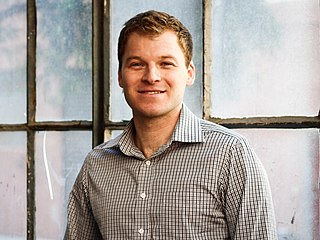A Quote by Tony Buzan
The early development of speed reading can be traced to the beginning of the (20th) century, when the publication explosion swamped readers with more than they could possibly handle at normal reading rates.
Related Quotes
Reading activates and exercises the mind. Reading forces the mind to discriminate. From the beginning, readers have to recognize letters printed on the page, make them into words, the words into sentences, and the sentences into concepts. Reading pushes us to use our imagination and makes us more creatively inclined.
When I was a teenager, reading for me was as normal, as unremarkable as eating or breathing. Reading gave flight to my imagination and strengthened my understanding of the world, the society I lived in, and myself. More importantly, reading was fun, a way to live more than one life as I immersed myself in each good book I read.
I had hundreds of books under my skin already. Not selected reading, all of it. Some of it could be called trashy. I had been through Nick Carter, Horatio Alger, Bertha M. Clay and the whole slew of dime novelists in addition to some really constructive reading. I do not regret the trash. It has harmed me in no way. It was a help, because acquiring the reading habit early is the important thing. Taste and natural development will take care of the rest later on.
Until the Left took over American public education in the second half of the 20th century, it was generally excellent - look at the high level of eighth-grade exams from early in the 20th century and you will weep. The more money the Left has gotten for education - America now spends more per student than any country in the world - the worse the academic results. And the Left has removed God and dress codes from schools - with socially disastrous results.
I grew up in this household where reading was the most noble thing you could do. When I was a teenager, we would have family dinners where we all sat there reading. It wasn't because we didn't like each other. We just liked reading. The person who made my reading list until my late teen years was my mom.
I was really interested in 20th century communalism and alternative communities, the boom of communes in the 60s and 70s. That led me back to the 19th century. I was shocked to find what I would describe as far more utopian ideas in the 19th century than in the 20th century. Not only were the ideas so extreme, but surprising people were adopting them.
In my book, The Sins of Scripture, I traced the development of tribal religion, which included ideas like God's killing the Egyptians because they hated the chosen people. Then a God of love finally appears in the Book of Hosea, about the 8th century. A God of justice appears in the Book of Amos in the late 8th century or early 7th century.



































